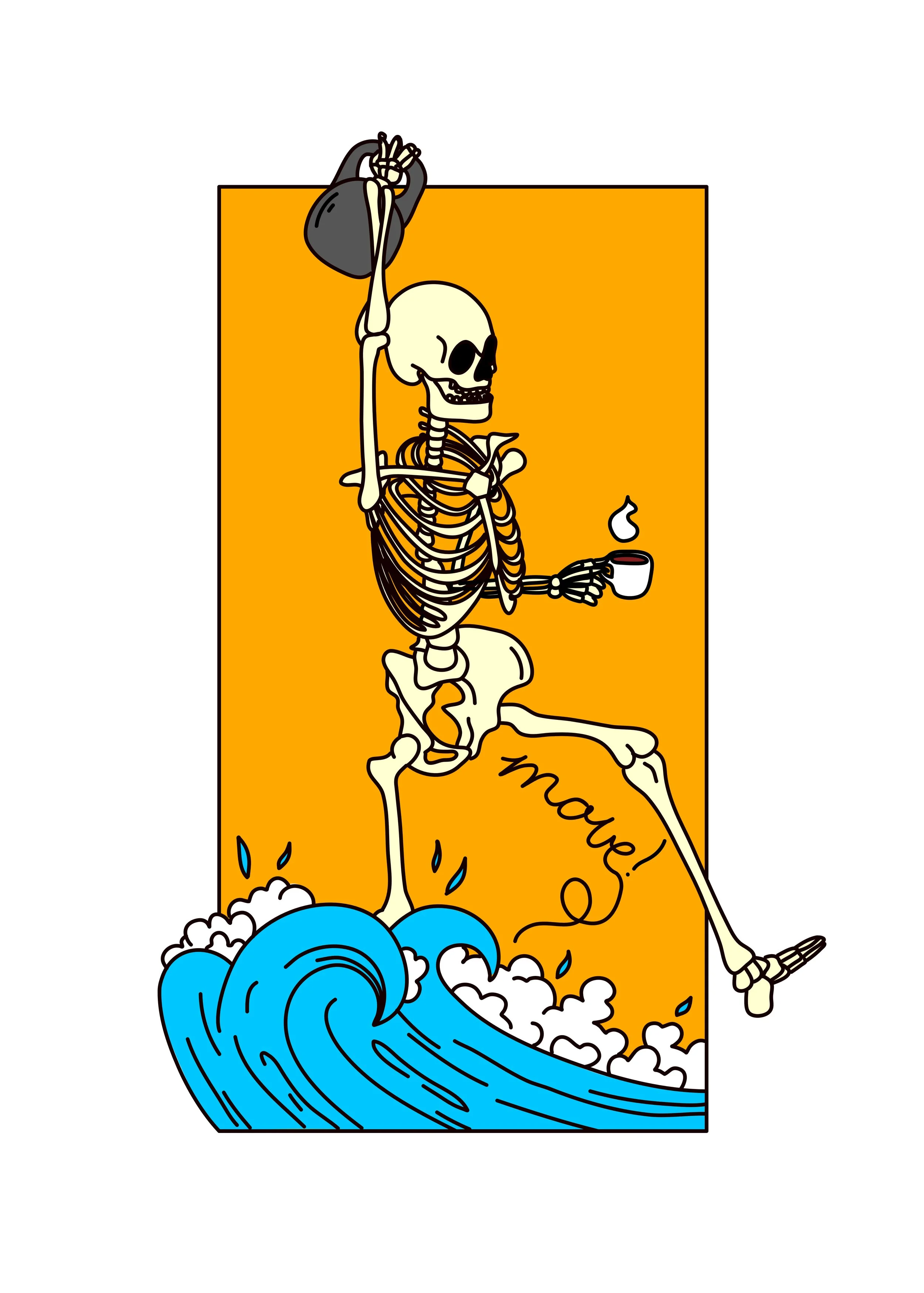Scarcity and Altruism.
In the last post, I discussed our “hardwiring” for service - the fact that helping others is deeply beneficial for us as the helper.
I’ll continue to unpack this idea in this post, but focus specifically on the challenge of making authentic service for others a greater part of our lives.
Let’s get into it.
Our history as humans is riddled with periods of extreme shortages in resources - famines, natural disasters, wars, etc.
Over time, an accumulation of these particularly challenging moments has deeply impacted our psyche and influenced(s) much of our worldview and behavior.
This psychological impact is commonly referred to as a “scarcity mindset”, or one centered around “lack” - what we don’t have.
Folks operating from a scarcity mindset (most of us), see resources and opportunities as being dangerously short in supply (even if they’re not) and our most pressing life objective as a rush to accumulate and protect wealth.
As suggested earlier however, our scarcity mindset is in perfect alignment with our history - an evolutionary adaptation helpful in accomplishing our primary genetic objectives here on Earth, survival and reproduction.
In terms of our survival as humans, an intense focus on “lack” has been critical - whether it was traveling to more abundant food sources during our hunter-gatherer days, or stockpiling grain to protect us from droughts, we are programmed to be constantly seeking and accumulating resources to keep us and our progeny alive.
Further, a scarcity mindset is also crucial to the human mating process, influencing selection and signaling - it impacts both our desired characteristics in a partner, as well as drives behavior that improves our level of attraction to others - bettering our physical appearance and performance, increasing knowledge, skills, etc.
To think of it another way, our programming for resource accumulation is not just about providing value (safety) for ourselves, but about signaling our ability to provide value relative (!) to another human being.
To bring this back to helping others, based on our evolutionary wiring just discussed, it is not hard to see why it can be a challenge to authentically serve those around us.
In some respects, altruistic service for others is in opposition to our DNA - why spend time helping someone else improve their safety/security and their ability to signal it, when you are competing in the same game?
The answer lies in the belief that there is more to life than just this game. That as humans we are more than just self-interested flesh and bones cruising around planet Earth trying to stretch out our lifespan and find romantic partners along the way. That our divine nature calls us to be in service.
In the next post I’ll begin discussing the importance of this duality - how to recognize and honor our more “animal” characteristics while still tapping deeply into our divinity.
P.S. In this discussion, an important distinction needs to be made between helpful acts of “cooperation” versus true acts of “service”. Meaning, our history of humans is certainly full of examples of efficient “teamwork” - helping one another with the understanding that we are ALL more likely to survive if we work together. However, these efforts fall in a different category than disinterested acts of love with no personal gain. If you’re wondering, “Wait, is that even a thing? Is there such a thing as pure altruism?” You’re not alone in pondering that question. I’ll touch on this idea in the next few posts but a great starting point for your own contemplation is Camus’ The Fall.

